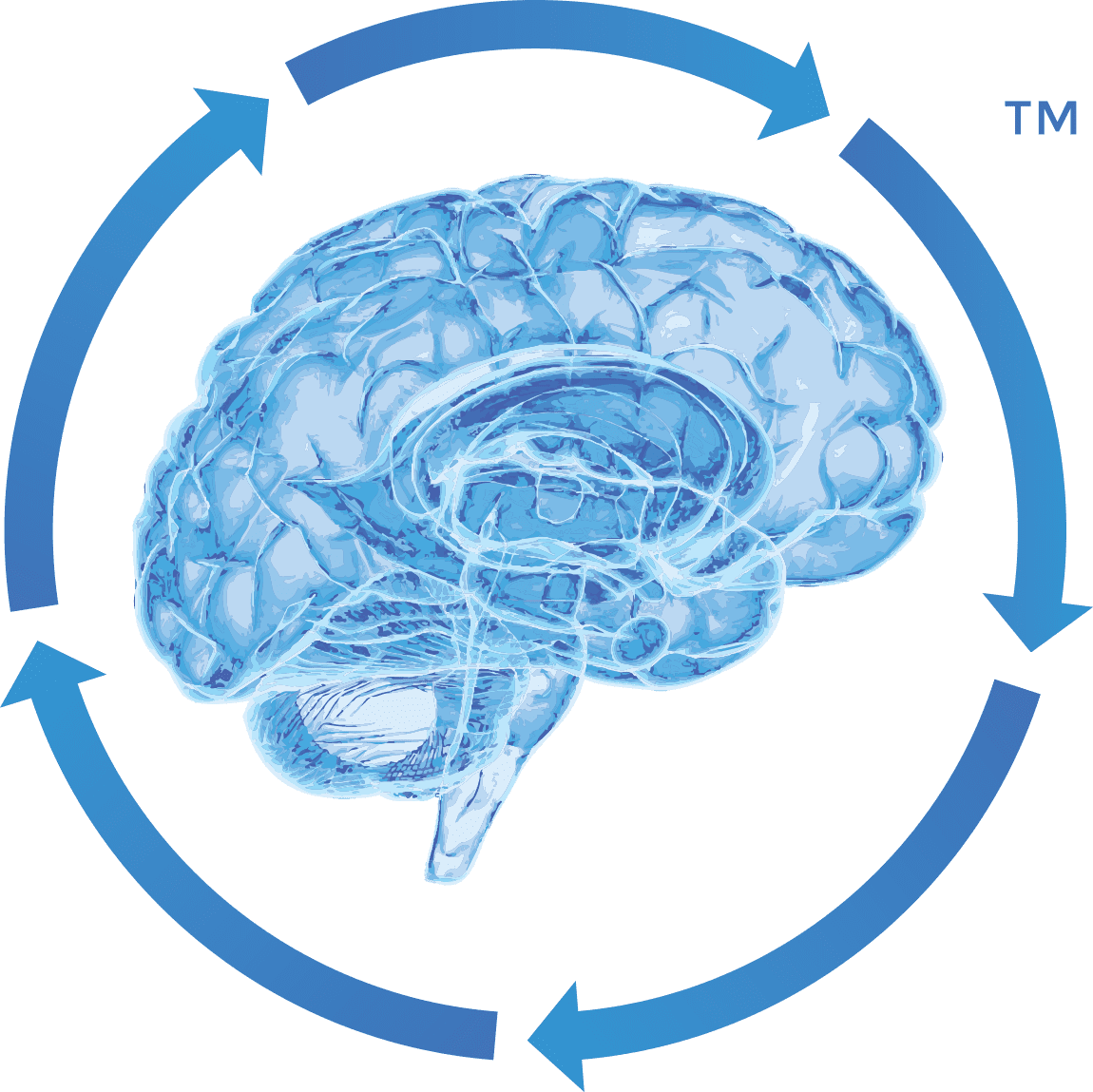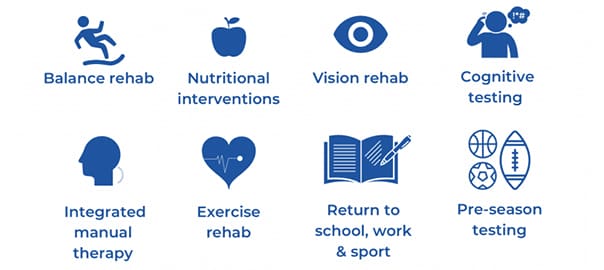Concussions are a hot topic, especially regarding the potential for long term health issues. The recent Hollywood movie “Concussion” is based around some current research that has looked at concussions and its association with long term depression and suicide in NFL athletes. With the growing media coverage around concussions, and numerous professional athletes stating long term debilitating effects due to concussions, parents are starting to doubt putting their kids in high-risk sports such as football and hockey. A recent poll in the States found that roughly 40-45% of parents are considering pulling their kids out of contact sports such as football, hockey and wrestling, due to the higher risk of sustaining a concussion. Fortunately, there is lots of research and public awareness surrounding concussions, which is educating parents, coaches and athletes. Unfortunately, along with this increase in concussion knowledge comes potentially misleading information, which is either not fully supported by research or in the early stages of development.
Note: Sheddon’s therapists from the Oakville and Burlington Physio Clinics are prepared and licensed to test you and your team for concussions and recommend the proper recovery.
Last month a group of researchers out of the University of Toronto published a study on the risk of suicide post concussion (Fralick et al., 2016). Their results were not very optimistic, as they found that adults with a diagnosis of concussion had an increased long term risk of suicide 3 times the population norm. These results quickly got picked up by the media, adding more fuel to the concussion crisis and putting fear into the public. Although the article was only recently published, there has been some criticism that the results of the study may not be accurate due to methodological flaws. Their results showed an astonishingly high association between concussions and suicide compared to past studies; therefore, criticism has addressed a number of factors which may have biased the sample group, thus causing these high numbers. If you are interested in the detailed critical analysis, you can read more here.
Another major flaw of the study is not fully excluding individuals with a history of mental illness (depression, substance abuse, etc), which is one of the known leading causes of suicide. With the current study, in order to exclude concussed patients with prior mental conditions, physician notes from the year prior to injury were examined. Unfortunately, this method has its limitations, since roughly 45% of people with mental issues, such as depression or anxiety disorders, are either non-diagnosed or have not yet sought treatment. Including concussed patients with a prior mental disorder will skew the results, since the cause of the suicide may have had nothing to do with the concussion.
Unfortunately, anyone in the general public coming across the results of this study in the news will not likely seek out the article and read through the methods section in order to look for flaws. They will quickly look at the results and likely jump to the conclusion that anyone with a concussion is doomed. The overall goal of the present study was to gather some longitudinal data and answer a question in which many are interested. Please use caution when coming across such articles, and until further research emerges, there still is no definitive answer as to whether or not a concussion directly leads to an increased in suicide risk.
Take home message:
What do we know about concussions and long term health issues?
- Long term complications following concussion are still not fully understood;
- Determining who will have long-standing concussion symptoms is also not fully understood;
- The causes of suicide involve many factors and likely cannot be directly related to a single specific cause;
- Pre-existing mental health issues is one of the strongest predictors of post concussion depression and anxiety (Yang et al., 2015);
- Depression scores will increase post concussion; however research shows that even mild musculoskeletal injuries will increase depression scores post injury. Mainwaring et al., (2010) showed that athletes with ACL injuries reported higher emotional disturbances, such as depression and anxiety, and for a longer period of time, compared to the concussed athletes;
- Football players are likely not doomed. Many studies have examined the risk of depression and suicide in former NFL players and the risk is either similar to that of the general population or even lower;
- Proper management of concussion is key for full recovery;
For more info, contact Sheddon Physiotherapy and Sports Clinics in Oakville and Burlington at 905-849-4576.
We are located less than 10 min from Sheridan College Oakville and 6 min East of Oakville Place.
The Burlington physio clinic is located only 6 min north-west of Joseph Brant Hospital and 2 min south-west of Mapleview Shopping Centre, on Plains Rd East.


































